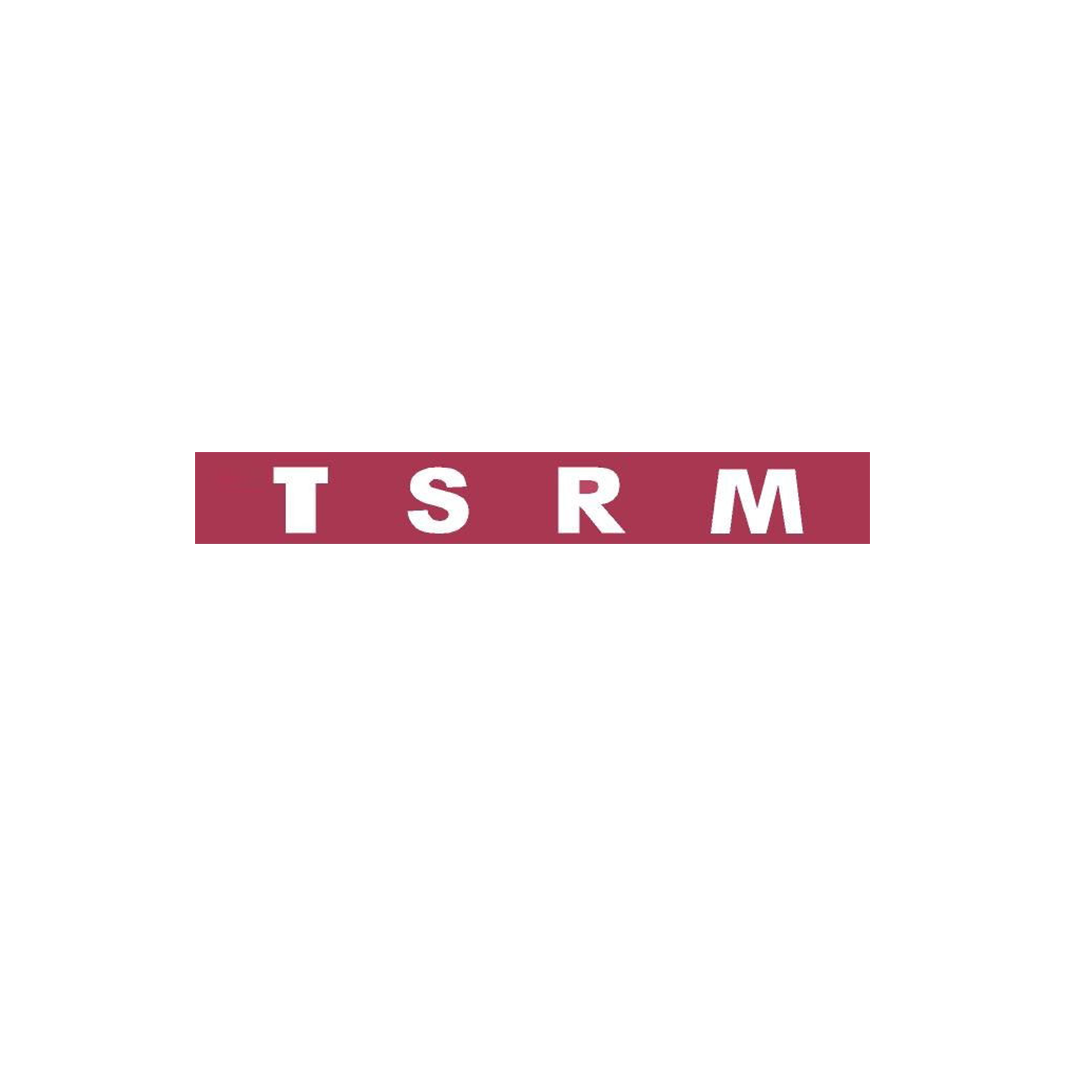Dünya’da ve ülkemizde artan delta varyantı nedeniyle COVID-19’a bağlı yoğun bakım ihtiyacı olan hasta ve ölüm sayılarında artış yaşanmaktadır.
Sosyal mesafenin korunması ve kişisel hijyen kurallarına dikkat edilmesi dışında aşı programlarına uyulması hem toplum bağışıklığının sağlanması hem de delta varyantına bağlı kayıpların önlenmesi açısından önemlidir.
Dünya Sağlık Örgütü’nün Haziran-2021 verilerine göre gebelerde COVID-19 hastalığı daha şiddetli seyredebilmektedir. Gebelikte COVID-19 enfeksiyonu nedeniyle hastaneye başvurular artmakta ve ağır hastalık oranı daha yüksek olmaktadır. Erken doğum ve ölü doğum oranları COVID-19 geçiren gebelerde 2 kat daha yüksektir. Ülkemizde de yaygın olarak görülmeye başlayan COVID-19 delta varyantının daha da bulaşıcı olması nedeniyle gebe kalmayı planlayan tüm kadınlara gebe kalmadan önce iki doz aşı yaptırmaları önemle tavsiye edilmektedir.
Bugüne kadar gebelik sırasında yapılan COVID-19 aşılarına bağlı önemli sorun tespit edilmemiştir.
COVID-19 aşılarının erkek veya kadınlarda kısırlık yaptığına dair en ufak bir şüphe ortaya çıkmamış ve halen tüp bebek yani yardımlı üreme teknolojilerinden faydalanan çiftlerin tedavi sonuçlarında da hiçbir olumsuzluk ortaya konmamıştır. COVID-19 aşısı sperm sayısını azaltmıyor ve toplanan yumurta sayısı ve embriyo gelişimini etkilemiyor görünmektedir.
Buna karşın, COVID-19 hastalığı erkeklerde sperm miktarını önemli ölçüde düşürmekte, yapılmakta olan tüp bebek tedavisinde iyi kalite embriyo sayısını azaltmakta ve embriyonun tutunmasını olumsuz etkileyebilmektedir.
Bu verilere göre çocuk sahibi olmayı planlayan ve/veya yardımlı üreme teknolojilerinden faydalanmak yani tüp bebek yaptırmak durumunda olan çiftlerin tedavilerine başlamadan önce ulusal aşı programlarına uygun şekilde aşılanmaları tedavi başarısını olumsuz etkilemeyecek ve gebelikte geçirilebilecek olası bir COVID-19 enfeksiyonunu ve buna bağlı sağlık risklerini önleyebilecektir.
Çiftlerin aşılarını tamamlamasından birkaç gün sonra tedavilerine başlamalarında güncel verilere göre herhangi bir mahsur görülmemektedir.
Tüm bu bilgilerin ışığı altında derneğimiz gebelik planlayan tüp bebek hastalarımızda dahil tüm çiftlere bir an önce aşılarını eksiksiz olarak yaptırmalarını önermektedir.
TSRM – Üreme Sağlığı ve İnfertilite Derneği Yönetim Kurulu
Turkish Reproductive Health Association (TSRM) recommends couples planning a baby to get the Covid-19 vaccines
Due to the increasing delta variant in the world and in our country, there is an increase in the number of patients in need of intensive care and deaths due to COVID-19.
Apart from maintaining social distance and paying attention to personal hygiene rules, compliance with vaccination programs is important both in terms of ensuring community immunity and preventing losses due to delta variants.
According to the June-2021 data of the World Health Organization, COVID-19 disease may be more severe in pregnant women. Due to COVID-19 infection during pregnancy, hospital admissions increase and the rate of severe illness is higher. Premature birth and stillbirth rates are 2 times higher in pregnant women with COVID-19. Due to the fact that the COVID-19 delta variant, which has started to be seen widely in our country, is even more contagious, it is strongly recommended that all women who plan to become pregnant receive two doses of vaccine before becoming pregnant.
To date, no significant problems have been identified due to COVID-19 vaccines administered during pregnancy.
There has not been the slightest suspicion that COVID-19 vaccines cause infertility in men or women, and no negative results have been revealed in the treatment results of couples who still benefit from in vitro fertilization, that is, assisted reproductive technologies. The COVID-19 vaccine does not appear to reduce sperm count and affect the number of eggs collected and embryo development.
On the other hand, COVID-19 disease significantly reduces the amount of sperm in men, reduces the number of good quality embryos in the in vitro fertilization treatment, and may adversely affect the adhesion of the embryo.
According to these data, the vaccination of couples who plan to have children and/or who have to benefit from assisted reproductive technologies, that is, in vitro fertilization, in accordance with the national vaccination programs before starting their treatment will not adversely affect the success of treatment and may prevent a possible COVID-19 infection and related health risks during pregnancy.
According to current data, there is no problem in the couples starting their treatment a few days after completing their vaccinations.
In the light of all this information, our association recommends all couples, including our IVF patients who are planning pregnancy, to have their full vaccinations as soon as possible.
Board of Directors of Turkish Reproductive Health Association (TSRM)





